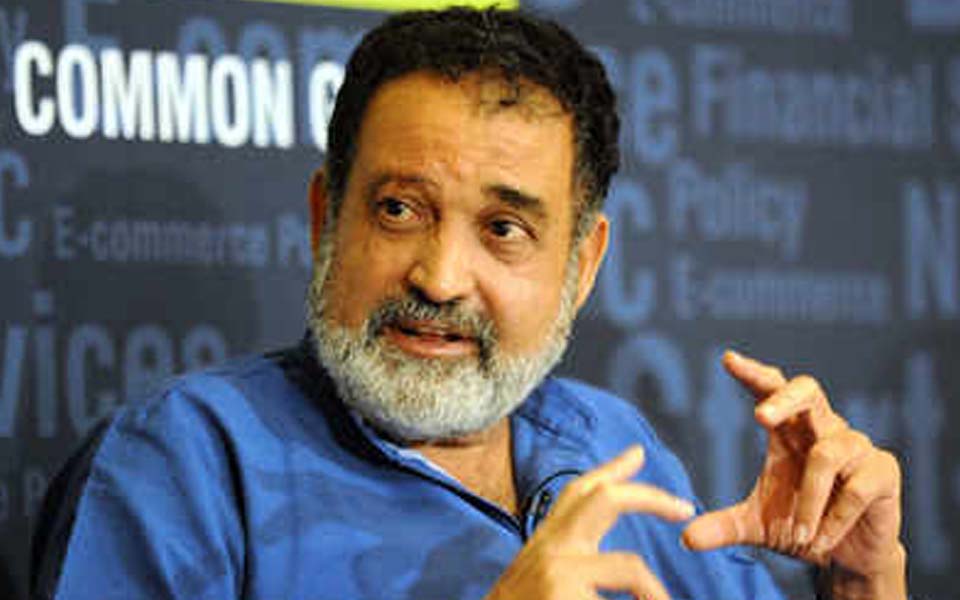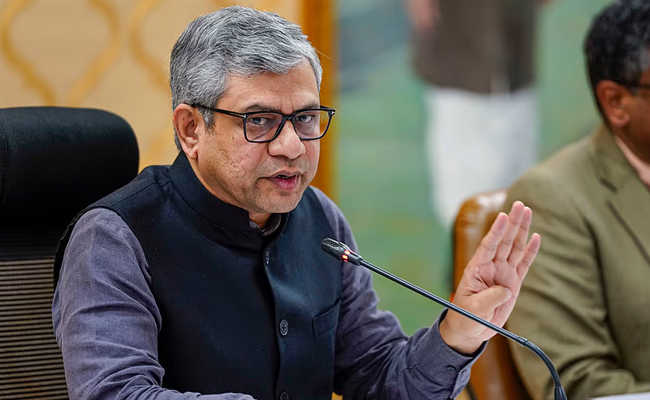Bengaluru: India's information technology services companies may shed 30,000 to 40,000 middle-level employees this year as growth slows down, IT industry veteran T V Mohandas Pai said Monday.
The former Chief Financial Officer of IT major Infosys Ltd. termed these job losses as once-in-five-years normal phenomenon with maturing of the industry.
"As in all sectors in the West, in India too when a sector matures so many people will be there in the middle level who will not be adding value to the salary they get," Pai told PTI.
Promotions are okay when companies are growing fast but when it slows down, people getting fat salaries will aggregate at the higher level, prompting companies to periodically reset their pyramids, and shedding people, he said.
"It's going to happen again and again and again every five years," said Pai, Chairman of Aarin Capital and Manipal Global Education Services.
"Nobody is entitled to a fat salary and high-paying job unless you perform, right? You have to deliver value".
"All across industry, may be 30,000 to 40,000 in a year...," he said when asked about the number of middle-level staff who would lose their jobs.
But Pai said about 80% of those who lose jobs would have employment opportunities in industries in general if they are specialists.
Let the Truth be known. If you read VB and like VB, please be a VB Supporter and Help us deliver the Truth to one and all.
Hassan: Two young men reportedly died in a head-on collision between a scooter and a bike near the Doderi guard gate in Channarayapatna taluk of the district on Tuesday.
The deceased have been identified as Ramesh (23) of Mattighatta village and Purushottam (26) of M. Honnenahalli village.
Ramesh and Kiran were riding a scooter when the bike driven by Purushottam, coming from the opposite direction, collided with them.
Ramesh is learnt to have succumbed to his injuries at the spot.
While the biker, Purushottam, was also seriously injured and died after failing to respond to treatment.
Kiran, who was on the scooter, sustained serious injuries and is undergoing treatment at Hassan District Hospital.
Hirisave police visited the site, registered a case, and are conducting further investigation.





